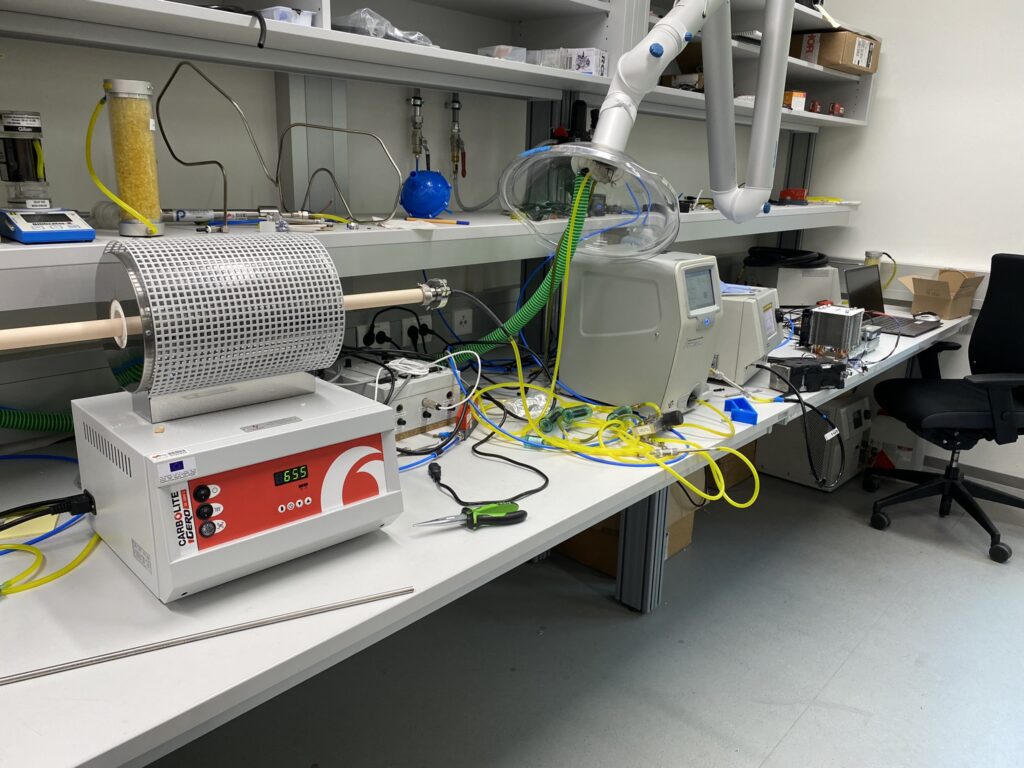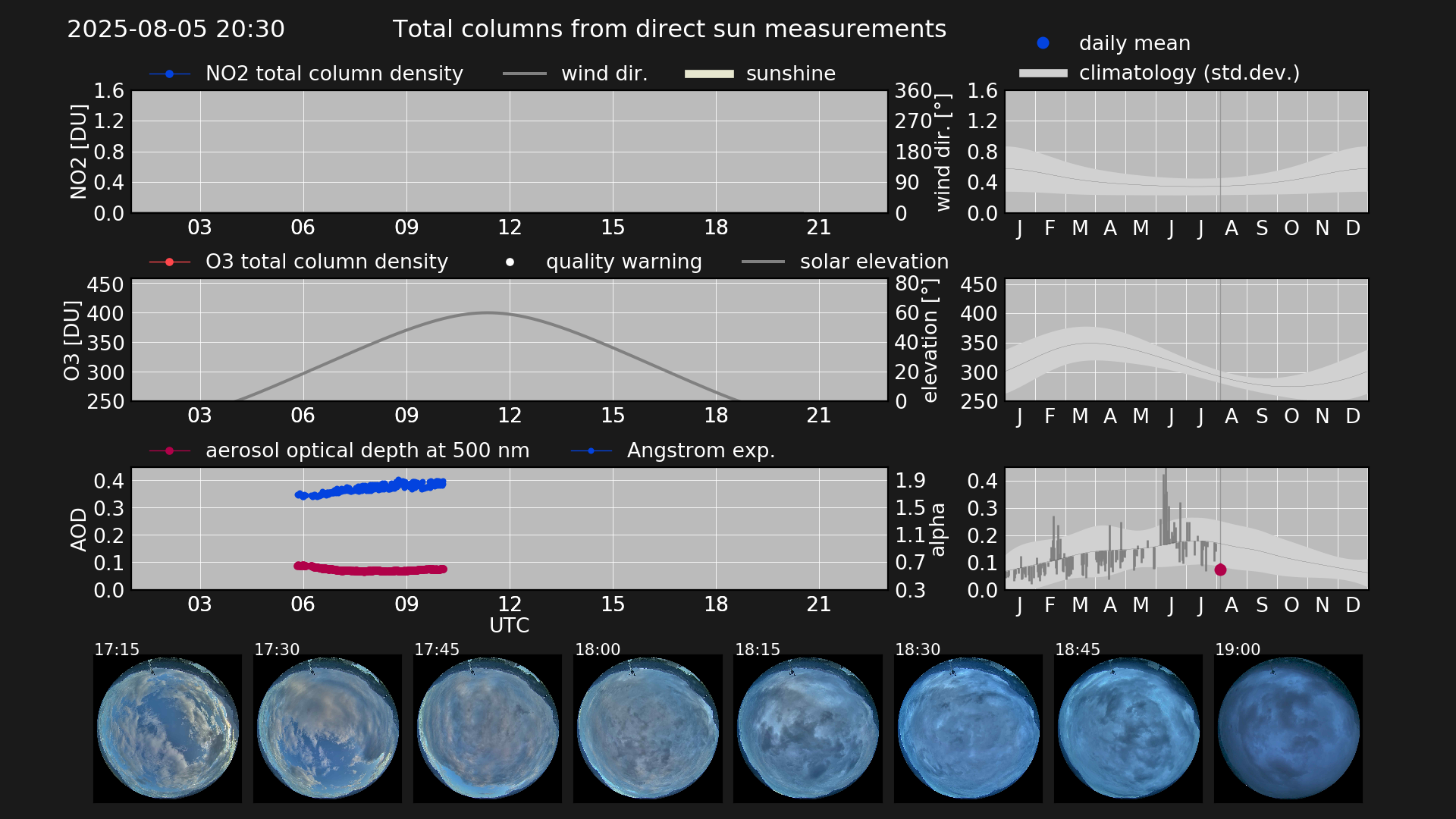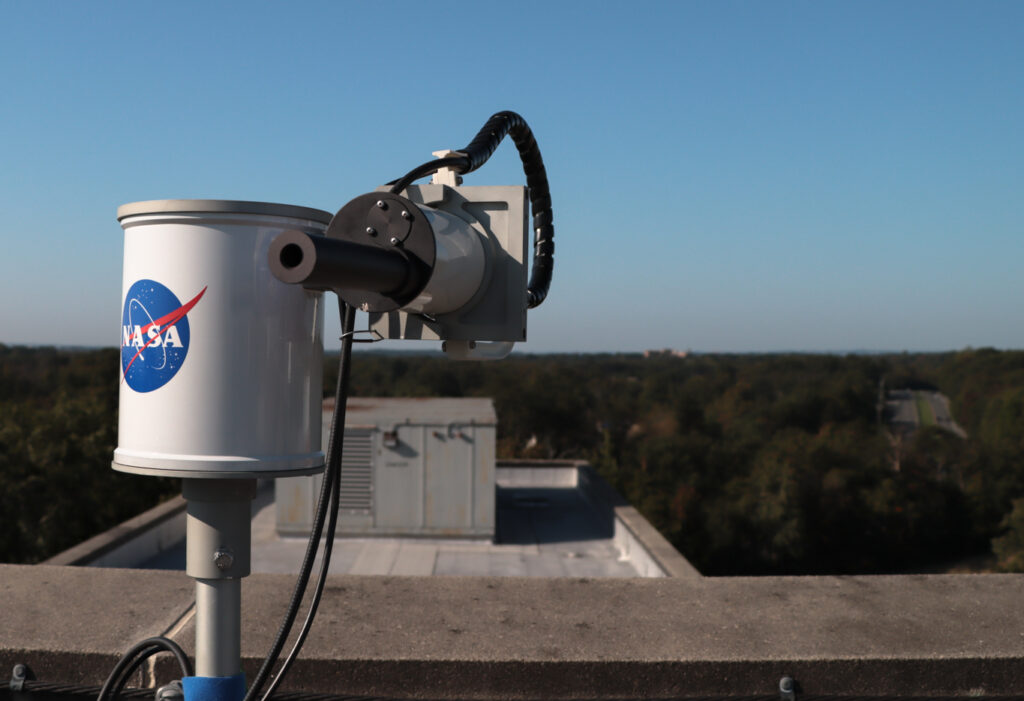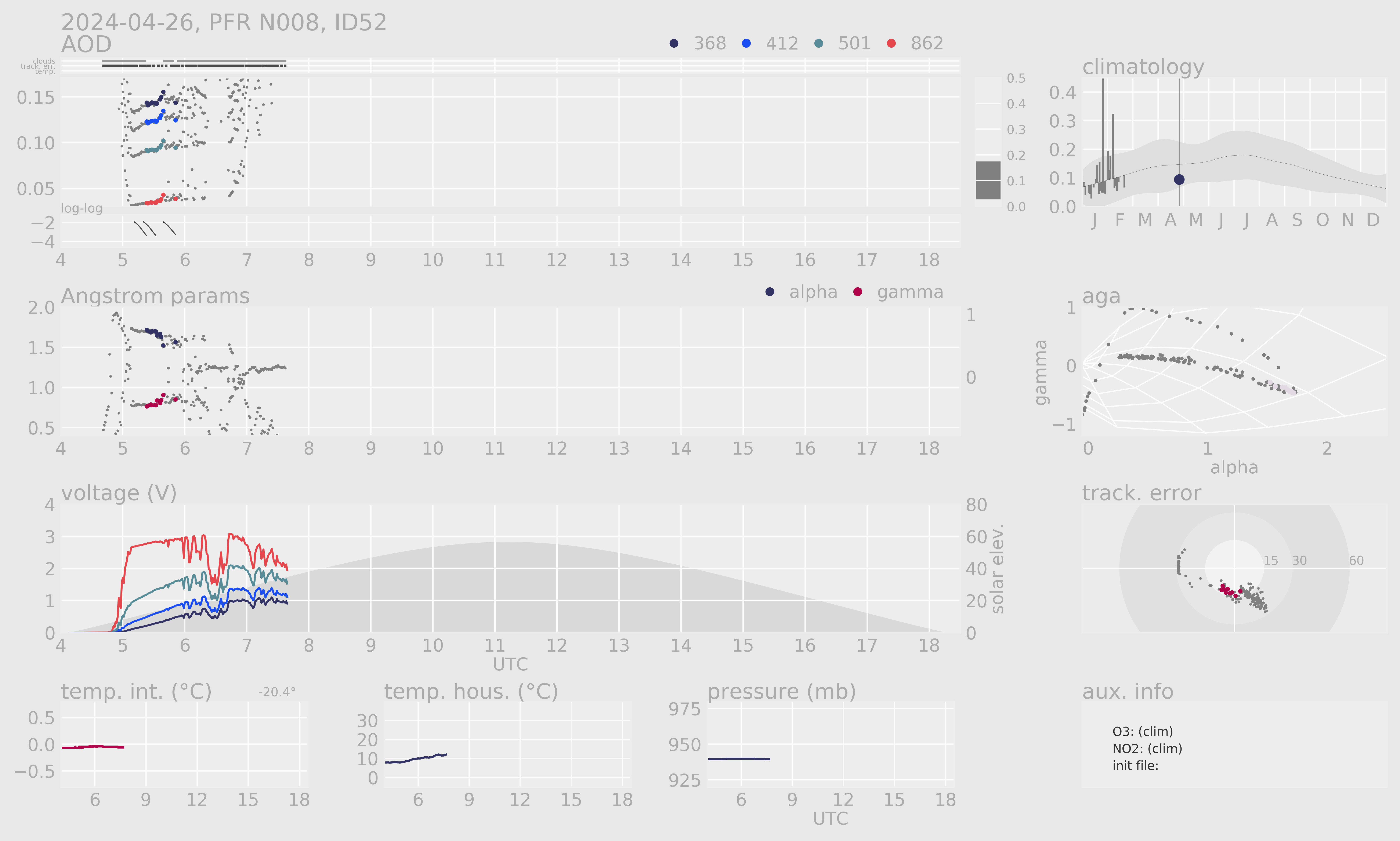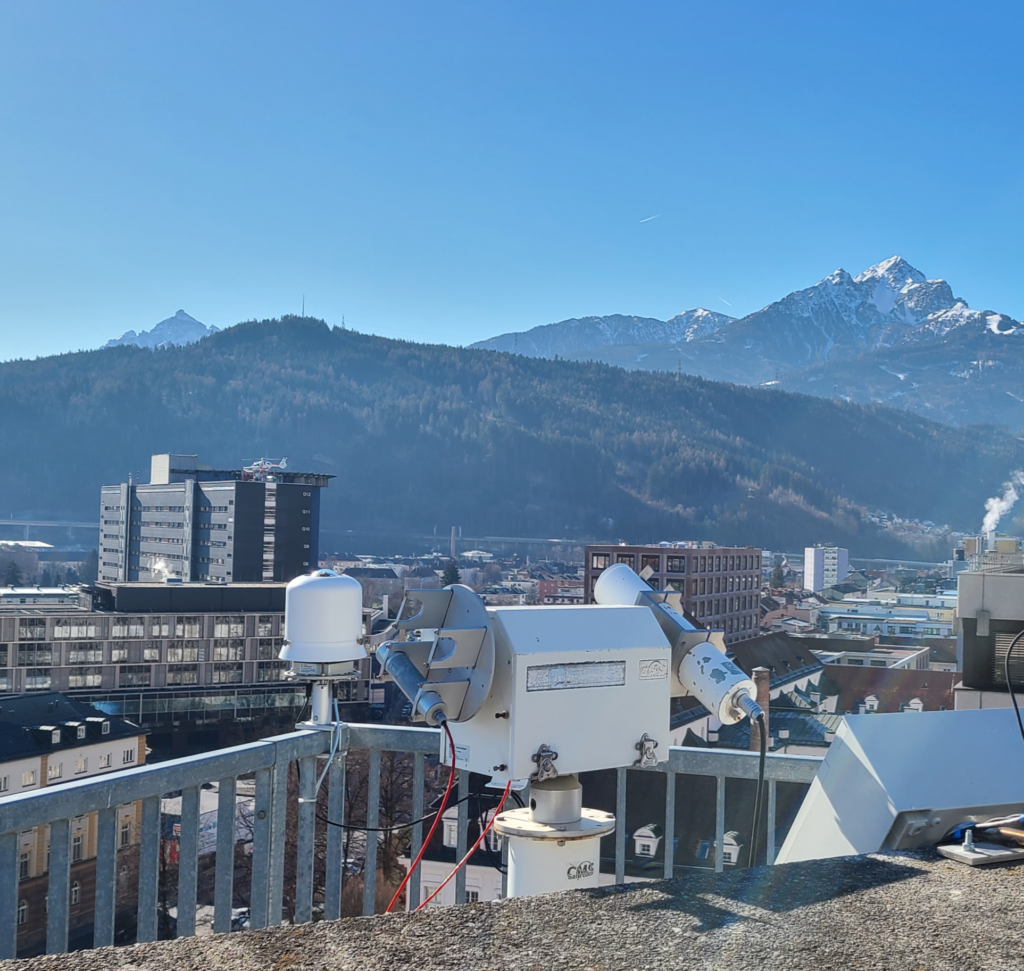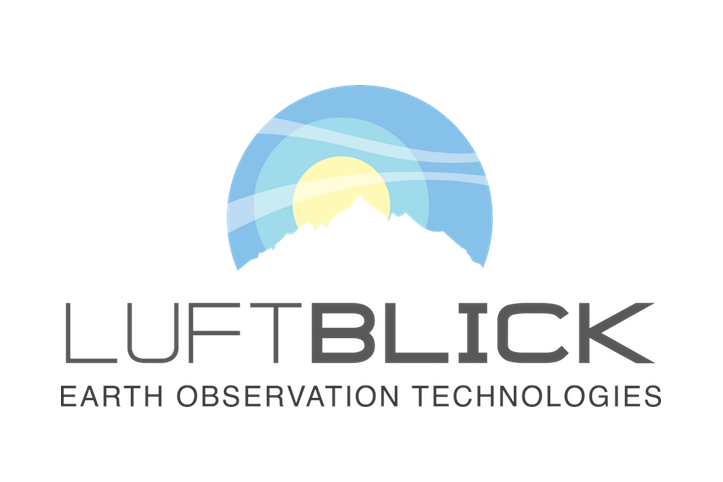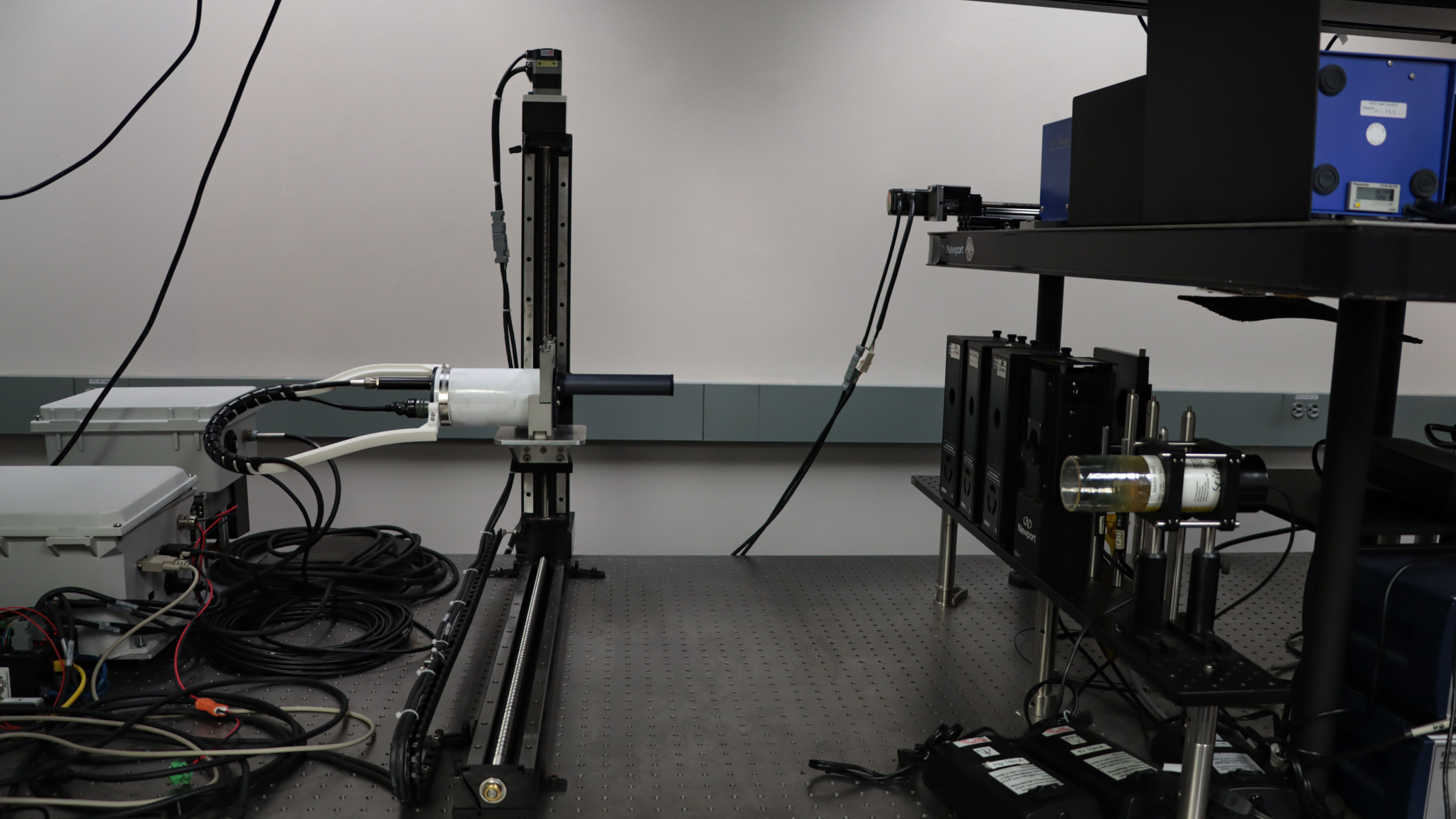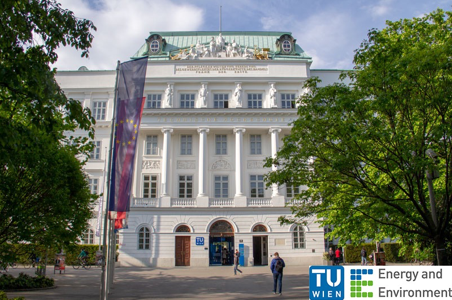ACTRIS (Aerosol, Clouds and Trace Gases Research Infrastructure) is a pan-European initiative consolidating actions amongst European partners producing high-quality observations of aerosols, clouds and trace gases. Different atmospheric processes are increasingly in the focus of many societal and environmental challenges, such as air quality, health, sustainability and climate change. ACTRIS aims to contribute in the resolving of such challenges by providing a platform for researchers to combine their efforts more effectively, and by providing observational data of aerosols, clouds and trace gases openly to anyone who might want to use them.
The ACTRIS Science Community unites partners from 22 countries across Europe and involves more than 100 research institutes and organisations.
Objectives of ACTRIS
Detecting changes and trends in atmospheric composition and understanding their impact on the stratosphere and upper troposphere is necessary for establishing the scientific links and feedbacks between climate change and atmospheric composition.
- The primary objective of ACTRIS is to provide the 4D-variability of clouds and of the physical, optical and chemical properties of short-lived atmospheric species, from the surface throughout the troposphere to the stratosphere, with the required level of precision, coherence and integration.
- The second objective is to provide effective access to this information and the means to more efficiently use the complex and multi-scale ACTRIS parameters serving a vast community of users working on models, satellite retrievals, and analysis and forecast systems.
- The third objective is to raise the level of technology used in the RI and the quality of services offered to the community of users, involving partners from the private sector.
- Finally, the fourth objective of ACTRIS is to promote training of operators and users and enhance the linkage between research, education and innovation in the field of atmospheric science.
More information about ACTRIS Europe: https://www.actris.eu

